Fewer workers to support greater number of retirees
Published:
30 March 2003 y., Sunday
When Secretary of Defense Donald H. Rumsfeld recently disparaged France and Germany as "Old Europe," maybe he was speaking demographically.
According to a new study of the European Union's 15 member nations, governments there are facing an age problem that is almost certain to get worse. European families are having fewer children, and are exacerbating the problem by delaying child-bearing.
As a result, the research team said, Europeans face higher health and welfare costs, fewer wage-earners, and an impact on national productivity. In other words, a downward spiral has begun, and soon fewer young workers will be supporting more and more old retirees.
Although their calculations predict a slight population rise over the next 15 years - the result of a "baby boom" in the 1960s - the researchers see Europe having 88 million fewer people when the year 2100 rolls around, down from about 230 million.
One of the researchers, Brian O'Neill at Brown University in Providence, R.I., said the data show "there are fewer children today than there are parents" in the European Union. "So we know the number of parents one generation in the future is going to be even smaller.
"Then there is the additional factor of delay," which accounts for about 40 percent of the expected decline, he said.
Europe has about four working-age persons for every elderly person, the researchers said. But they predict that there "will be considerably less than three" workers per retiree for most of this century, even if young families begin having children sooner.
Šaltinis:
The Sun
Copying, publishing, announcing any information from the News.lt portal without written permission of News.lt editorial office is prohibited.
The most popular articles
 EU plans will allow international air passenger data to be used under strict conditions in the fight against terrorism and serious crime.
more »
EU plans will allow international air passenger data to be used under strict conditions in the fight against terrorism and serious crime.
more »
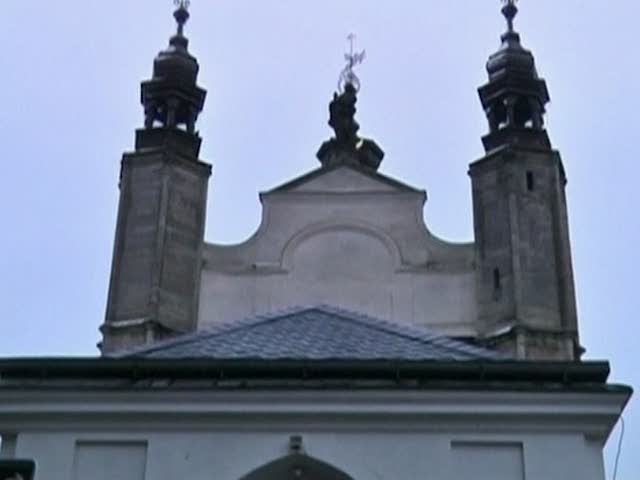 Experts are trying to find ways to save the unique Sedlec ossuary - a church decorated with human skulls and bones.
more »
Experts are trying to find ways to save the unique Sedlec ossuary - a church decorated with human skulls and bones.
more »
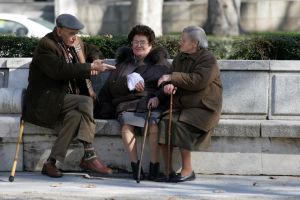 The EU and its Member States must act to ensure that pension schemes can sustainably deliver an adequate income to the EU's growing number of retired people, despite the economic crisis, says Parliament's Employment Committee in a resolution voted on Tuesday.
more »
The EU and its Member States must act to ensure that pension schemes can sustainably deliver an adequate income to the EU's growing number of retired people, despite the economic crisis, says Parliament's Employment Committee in a resolution voted on Tuesday.
more »
 Chinese factories increase their output of replicas of the Windsor royal engagment ring as world-wide demand for the sparkle remains high.
more »
Chinese factories increase their output of replicas of the Windsor royal engagment ring as world-wide demand for the sparkle remains high.
more »
 The euro changeover in Estonia is in its final stage.
more »
The euro changeover in Estonia is in its final stage.
more »
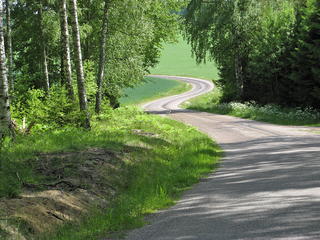 Europe's flora and fauna are now better protected than at any time in the history of the European Union. Natura 2000, Europe's network of protected natural areas, has been expanded by nearly 27 000 square kilometres.
more »
Europe's flora and fauna are now better protected than at any time in the history of the European Union. Natura 2000, Europe's network of protected natural areas, has been expanded by nearly 27 000 square kilometres.
more »
 Getting more people involved in volunteering is the key aim of the 2011 European Year of Volunteering.
more »
Getting more people involved in volunteering is the key aim of the 2011 European Year of Volunteering.
more »
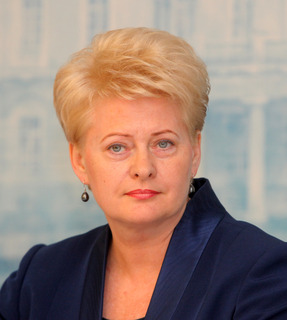 Dear Fellow People of Lithuania,I send my best wishes to you on this New Year's Eve.
more »
Dear Fellow People of Lithuania,I send my best wishes to you on this New Year's Eve.
more »
 Some residents in Jakarta are trading in their gas guzzling cars and motorcycles for bicycles.
more »
Some residents in Jakarta are trading in their gas guzzling cars and motorcycles for bicycles.
more »
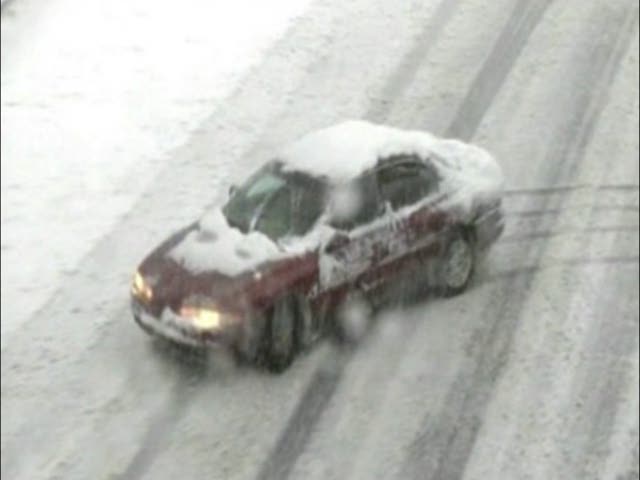 As a winter storm is heading for the Northeast Coast of the United States, drivers are not the only travelers being hit by the storm.
more »
As a winter storm is heading for the Northeast Coast of the United States, drivers are not the only travelers being hit by the storm.
more »